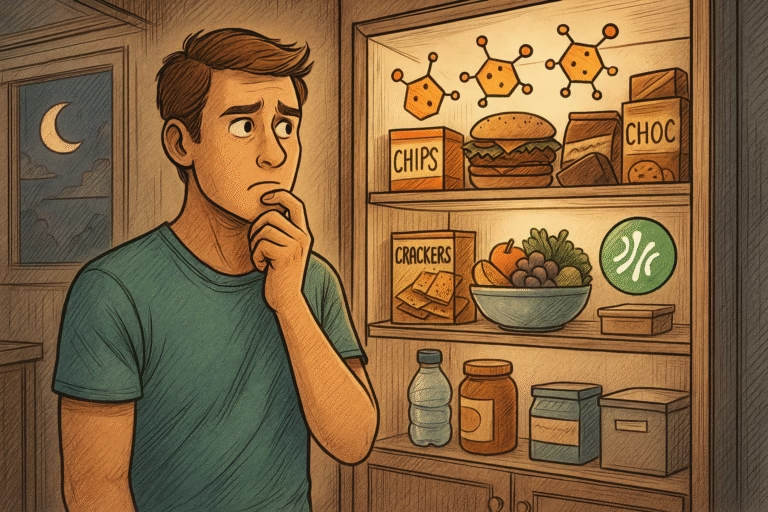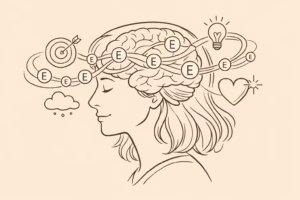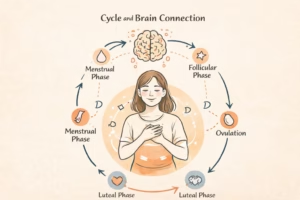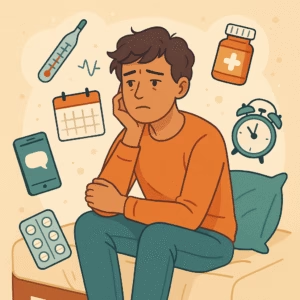Why Impulsivity Affects Eating
For many adults with ADHD, eating impulsively isn’t about weak willpower—it’s a consequence of executive function patterns and brain chemistry. Impulsivity, emotional regulation challenges, executive dysfunction, and reward-seeking behaviours can all converge into habitual overeating, fast consumption, or sudden junk-food binges.
Research shows ADHD doubles the likelihood of binges or disordered eating—including bulimia or binge‑eating disorder—which is closely linked to impulsivity and poor self-control .
Key Drivers of ADHD‑related Impulsive Eating
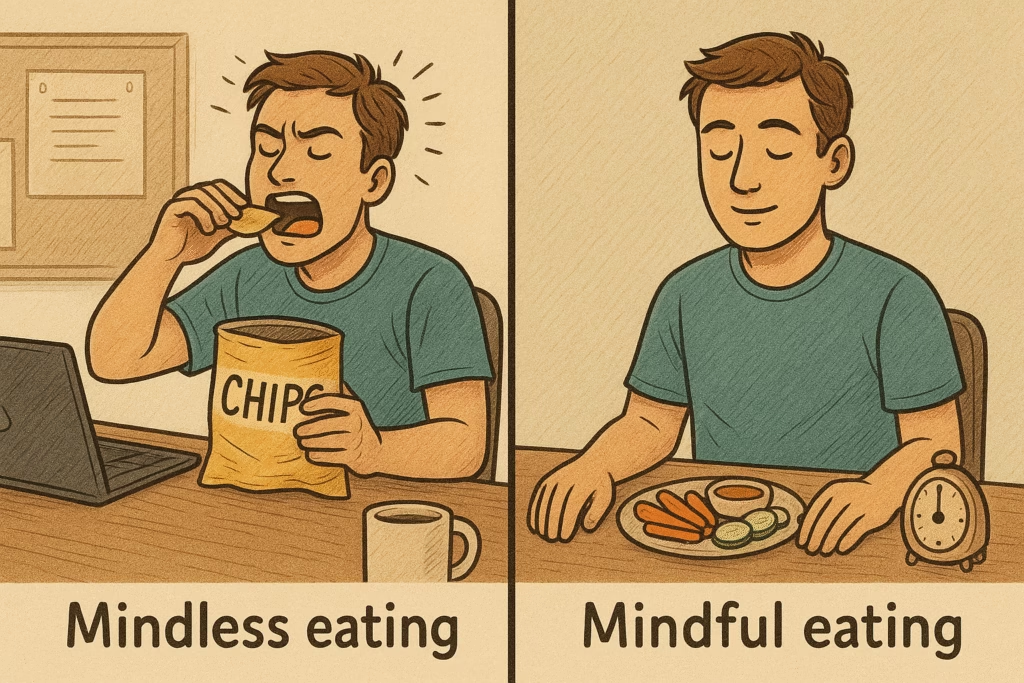
1. Dopamine & Reward Sensitivity
ADHD brains often crave quick dopamine boosts. High-reward foods (e.g., sweet or fatty snacks) hijack that demand—leading to strong urges hard to resist .
2. Impulsivity + Emotional Dysregulation
Stress, boredom, or upset can trigger impulsive eating as a coping mechanism—the food becomes an emotional outlet.
3. Executive Dysfunction
Poor planning and weakened impulse control fuel cycles of skipping meals, overeating later, or making last-minute unhealthy choices .
Practical Strategies to Manage Impulsive Eating
| Strategy | Description | Why It Helps |
|---|---|---|
| Structured Eating Plan | Plan meals/snacks ahead, pairing carbs with protein/fat | Stabilises blood sugar and reduces impulsivity |
| Mindful & Paused Eating | Wait 5 minutes before eating impulse foods | Allows time for craving to pass |
| Remove/Replace Temptations | Keep healthy options visible; restrict junk food at home | Reduces reactive eating chances |
| Emotional Regulation Tools | Name emotions, breathe, use 5–4–3 grounding | Interrupt impulsive triggers |
| Environmental Nudges | Use portion control, smaller plates, food diaries | Increases awareness and slows impulsive acts |
| Professional Support | Cognitive behavioural therapy, ADHD medication, dietitian advice | Addresses both ADHD and disordered eating |

Final Thoughts
Impulsive eating in ADHD is not about moral failure—it’s about managing attention, impulses, and brain chemistry. With practical strategies tailored to your brain’s wiring, you can build healthier habits and regain control over your eating.

